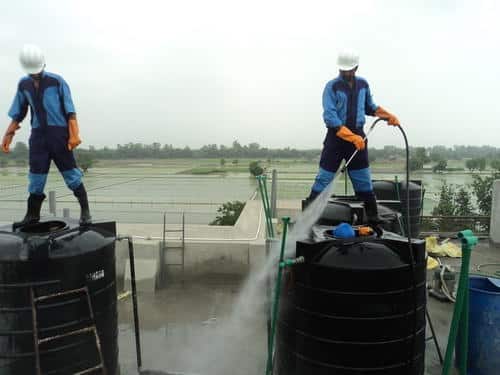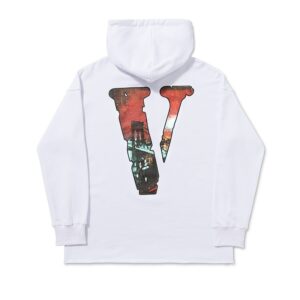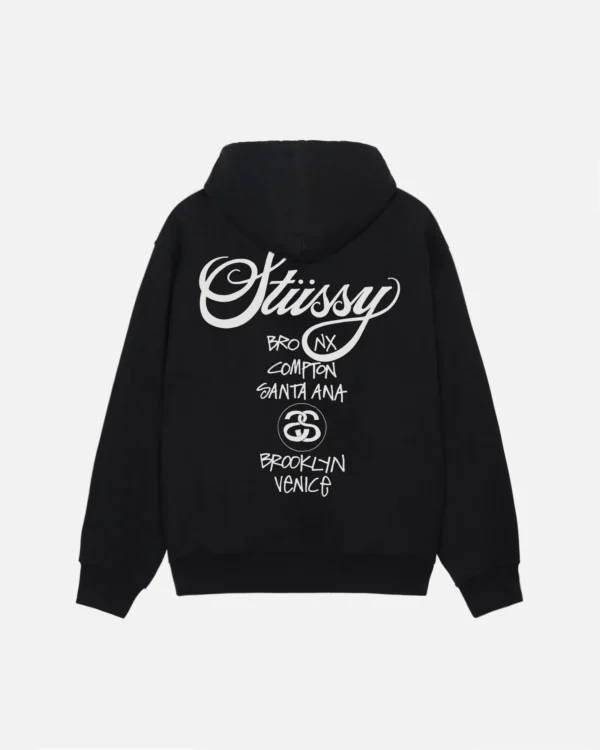In fashion and sustainability, there is an increasing demand for eco-friendly materials that reduce waste and minimize environmental impact. Recycled fabrics have emerged as a viable solution, offering a sustainable alternative to conventional textiles. Among the various recycled materials, recycled cotton with Lenzing fibers has gained significant attention.
What is Recycled Fabric Collection?
Recycled fabric refers to textiles created using discarded materials or post-consumer waste. These materials are processed and transformed into new fibers that can be woven or knitted into fabrics. Recycling involves breaking down the original fabric or garment, extracting the fibers, and then spinning them into yarn for subsequent use. This approach significantly reduces the need for virgin raw materials, conserves energy, and diverts waste from landfills.
The Benefits of Recycled Fabrics
Environmental Sustainability: By utilizing recycled materials, producing these fabrics reduces the demand for virgin resources, conserves water, and minimizes the carbon footprint. It helps combat the detrimental effects of the fashion industry on the environment.
Waste Reduction: Recycling fabrics helps divert textiles from ending up in landfills, where they would contribute to environmental pollution. Instead, these materials are given a new life, extending their usefulness and reducing waste generation.
Energy Conservation: The production of recycled fabrics consumes less energy than manufacturing new textiles. It contributes to reducing greenhouse gas emissions, making it a greener choice for the fashion industry.
Quality and Durability: Contrary to popular belief, recycled fabrics can offer the same quality and durability as conventional textiles. Advanced recycling technologies ensure the resulting fibers are high quality and can be transformed into long-lasting fabrics.
What is Recycled Cotton?
Recycled cotton is derived from pre-consumer or post-consumer waste, such as scraps from garment production or discarded clothing. This waste is collected, sorted, and processed to create new cotton fibers that can be spun into yarns and used for fabric production.
The Advantages of Recycled Cotton Collection
Resource Conservation: By recycling cotton, the demand for water, land, and pesticides associated with growing conventional cotton is reduced. It helps preserve valuable resources and promotes a more sustainable approach to textile production.
Reduction of Chemical Usage: The recycling process of cotton fibers minimizes the need for chemical treatments and dyes, resulting in a reduced environmental impact and healthier fabrics.
Versatility: Recycled cotton can be blended with other fibers to create fabrics with enhanced properties, such as improved strength or increased moisture-wicking capabilities. It offers versatility in design and application.
Promotes Circular Economy: Recycling cotton promotes the concept of a circular economy by extending the material’s lifespan. It reduces waste and creates a more sustainable and responsible fashion ecosystem.
Recycled Cotton with Lenzing Fibers
Combining Sustainability and Innovation
Recycled cotton with Lenzing fibers represents an innovative approach combining sustainability with technological advancements. The Lenzing Group, a leading sustainable fiber manufacturer, produces Lenzing fibers. These fibers are derived from wood pulp sourced from responsibly managed forests and processed using environmentally friendly methods.
The Benefits of Recycled Cotton With Lenzing Fibers
Softness and Comfort: Lenzing fibers are known for their exceptional softness and comfort. Combined with recycled cotton, they create a luxurious fabric against the skin, making it ideal for clothing and other textile applications.
Breathability and Moisture Management: The natural properties of Lenzing fibers, such as their breathability and moisture-wicking capabilities, enhance the performance of recycled cotton fabrics. This combination allows for better temperature regulation and moisture management, keeping the wearer comfortable throughout the day.
Versatility in Design: Recycled cotton with Lenzing fibers offers various design possibilities. The blend can be used to create a variety of textiles, from lightweight and breathable fabrics for summer wear to cozy and insulating materials for winter garments.
Eco-Friendly Dyes: Lenzing fibers are known for their excellent dye absorption, resulting in vibrant and long-lasting colors. When paired with recycled cotton, this characteristic allows for the use of eco-friendly dyes, further reducing the environmental impact of the fabric.
Conclusion
The combination of recycled cotton with Lenzing fibers takes sustainability a step further. Lenzing fibers, known for their softness and eco-friendly production process, enhance the performance and comfort of recycled cotton fabrics. With their breathability, moisture-wicking capabilities, and versatility in design, these fabrics offer a compelling choice for consumers and brands seeking environmentally conscious options.




